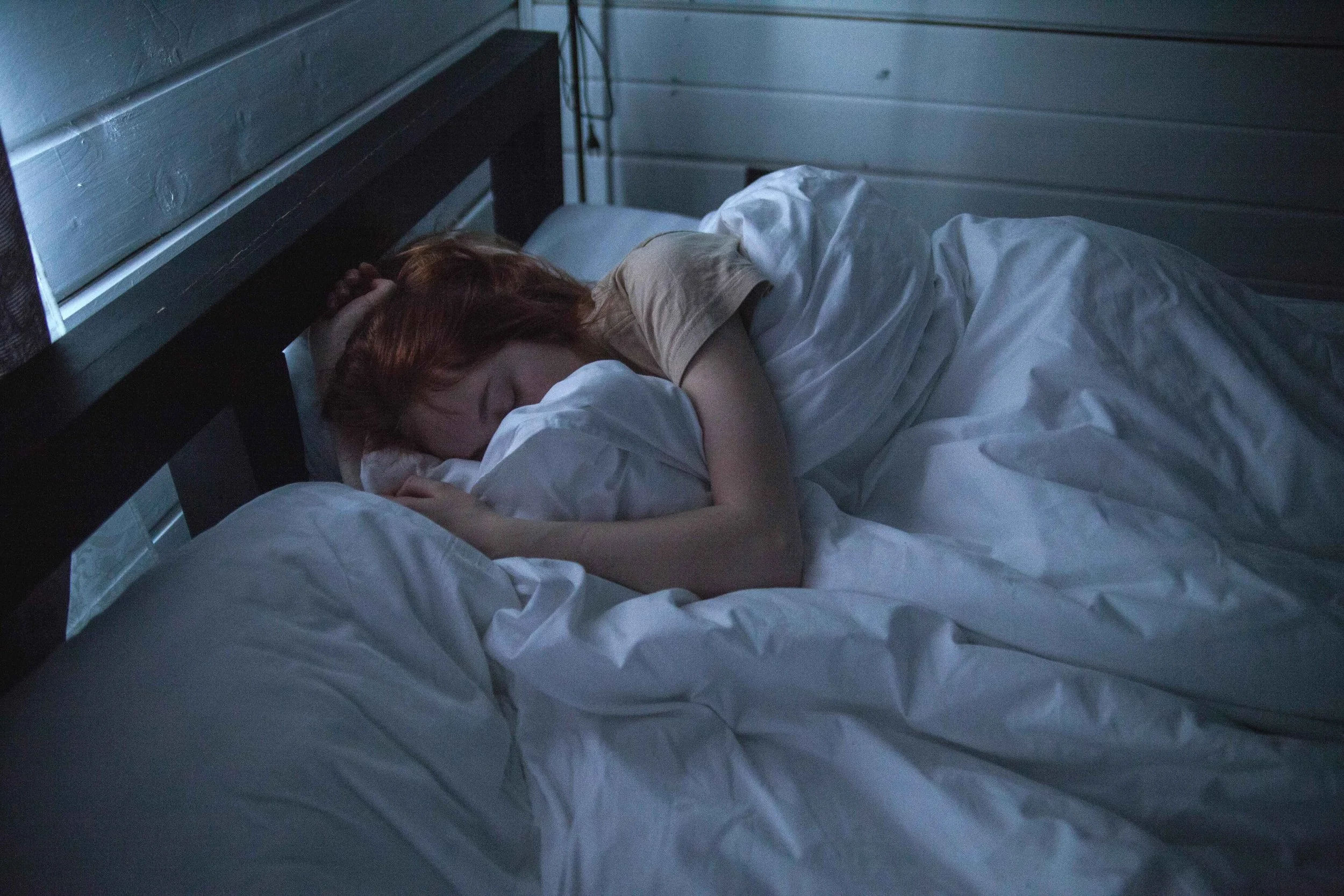Staring at the ceiling at 2 a.m., watching the minutes crawl by, and wondering why sleep feels so impossible… If that sounds familiar, you are not alone. Insomnia has a sneaky way of showing up just when your body is begging for rest, leaving your mind racing and your energy drained the next day. While there is no one-size-fits-all fix, learning how to truly relax before bed can make a powerful difference in how easily you drift off.
That is where intentional relaxation comes in. The right techniques can help calm your nervous system, quiet mental noise, and signal to your body that it is finally safe to sleep. In this post, we will walk through five simple, effective relaxation techniques for insomnia that you can start using tonight. These include no complicated routines, no expensive tools, just practical ways to help you unwind and reclaim restful sleep.



















